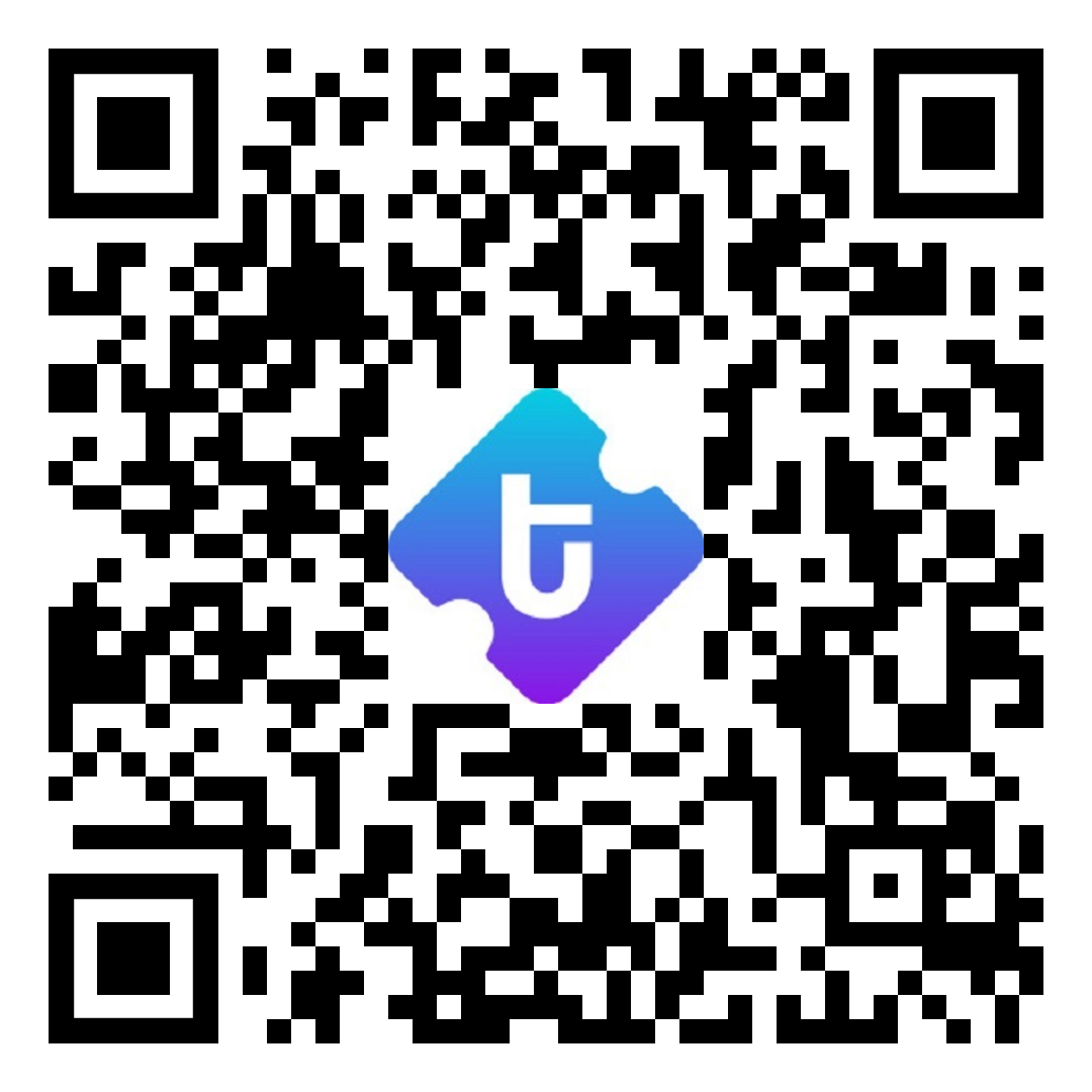How to Promote an Event: 10 Tips for Event Marketing

Promotion is required because without any promotion you won't get any audience. You must correctly promote the event to ensure it receives the response and engagement you seek. There are so many tips and tricks for promoting events. In this article, we will discuss the following steps for marketing your event.
1. Know your audience

First, you need to define who you want to attract and determine what triggers their interest. You can properly modify and market your event when you understand your target audience's wants and needs. So, before even thinking about the different ways to promote your event, you need to understand your audience.
There are several ways to know your audience, start with analyzing the information you already have. You can start conducting marketing research, If you have organized any past event then analyze that event and also look for your competitors, If you use a tool like Google Analytics for your social media accounts then see what information you can get from there, such as demographic, what platforms they use, etc.
2. Event Website
Make an event website well-designed and user-friendly. Certainly, having a stylish and interesting event website will help to attract people. If a person sees their social media, clicks on an ad for your event, and is then brought to a website that's bright and informative, they will likely take some time to explore the website and it allows the person browsing to find all the information they want like about the event, including date, venue, schedule, etc.
Any promotional activities can be managed through an event-specific website. The main focus and value proposition of the event should be mentioned. Create a website in such a way that visitors can get proper information, register their self and put their valuable feedback.
3. Good SEO

Make your event website accessible by optimizing it for search engines. Optimize your website's meta tags, descriptions, and keywords to increase its position on search engine results pages. This increases the possibility that people who are interested in attending will find your event when looking for related topics online.
Also, consider:
Off-page SEO: This kind of SEO refers to off-website activities like guest posting and creating links that raise your ranks.
Technical SEO: This is a reference to a website's backend and technical features, like accessibility, user experience (UX), and performance.
4. Create Ticket discount
Everyone enjoys a good discount. Encourage anticipation and increase ticket sales by providing group discounts, early bird specials, or special promotions. Time-limited promotions create a sense of urgency in interested attendees, encouraging them to move quickly to reserve their place at your event.
Early bird discounts work well because they create a sense of urgency in your audience for ticket purchases. Why not encourage your visitors to invite their friends? Reduce the cost of purchasing many tickets in a group. People will be encouraged to tell their friends and family about it and invite them as a result, giving you some free advertising.
5. Use Social Media

According to the research, approximately 4.8 billion social media users worldwide as of now. This will be increased to nearly 6 billion by 2027. Most of the websites are visited through social media platforms.
Use your social media to promote and share your event to get a greater audience for it. Create unique content about event information, share behind the scenes process, and invite your audience to join in on discussions. Use famous social media platforms like Instagram, Facebook, Twitter, LinkedIn, etc. to interact with your audience and create attention.
7. Collaborate with influencers and sponsor
Collaboration with the popular and perfect person is the best way to promote your event. Consider having event sponsors who will want to promote the event for you. Use influencers to your advantage when promoting your event because they are aware of the latest trends and can engage their audiences on a professional level.
Also, sponsors can provide financial support and additional promotional channels. Creating brand partnerships also works very well for promoting your event.
8. Activate your attendees
Your event guests are the most passionate advocates. They first signed up or purchased tickets because they thought your event would be fun. Transform attendees into event ambassadors by encouraging them to share their experiences on social media.
Customers consider user-generated content (UGC) to be the most authentic type of advertising. However, what is considered UGC? Anything, that is, whatever that the consumer has created, such as:
- Images
- Testimonials
- Social media posts
- Reviews
9. Content marketing
Remember to focus on content marketing. As we discussed social media is best used, and while sometimes a simple post can suffice, it's better to use it when you have high-quality content to present. As part of your event advertising, make sure to create:
- Blog post
- Videos
- Articles
- Infographics
10. Create an event hashtag
If you don't create any hashtag for your event then the above-mentioned tips will not work properly. You need to incorporate this hashtag into all web pages, accounts, and posts about your event. You may efficiently create all of the event's content around a particular hashtag, which will make it simpler for potential attendees to find and engage with. You also increase your visibility.
This could help in making you popular and raise the number of people who notice and hear about your events.
Email marketing
For email marketing in general, personalization and scheduling are important; the same is true for events. The target audience can be segmented in terms of interests, and separate emails sent out to capture eyeballs.
This will assist in informing everyone familiar with your organization about the event. Additionally, you might encourage current customers of the company to attend by offering email subscribers rewards.
Optimize marketing with an event management platform
Using event management software with end-to-end management features can help your event marketing and advertising campaigns. Use the Tktby platform that provides a convenient and efficient ticketing solution for your event.
Tktby has completely changed the experience for both organizers and attendees, providing everything from simple ticket buying to event ticket booking, safe payment processing, ticket sales management, and marketing tools.

 9054792645
9054792645 info@tktby.com
info@tktby.com
